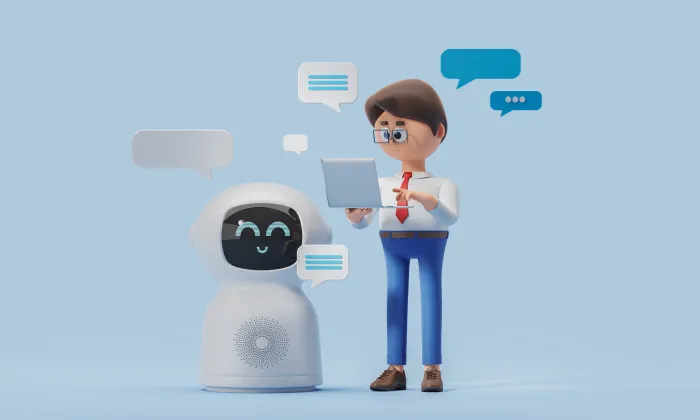What are the ethical concerns around using voice cloning datasets?
Voice Cloning
Ethics
AI Applications
Voice cloning technology, which enables the digital replication of a person's voice, presents significant ethical challenges. As AI engineers, researchers, and product managers explore these technologies, understanding these challenges is crucial for responsible AI development.
The Role of Voice Cloning Datasets
Voice cloning datasets are essential for training AI models used in:
- Virtual assistants
- Gaming
- Accessibility technologies
However, as these technologies advance, so do the ethical implications of their use. Ensuring ethical practices in dataset collection and usage is vital for responsible AI development.
Informed Consent in Voice Cloning
Informed consent is at the heart of ethical voice cloning. Contributors must:
- Be fully aware of how their voice data will be utilized, especially in commercial contexts
- Understand potential uses that could affect their reputation
Ensuring that contributors understand potential uses of their voice data is both a legal and moral obligation. FutureBeeAI emphasizes transparent consent processes, ensuring contributors are informed and their rights are respected.
Risks of Misuse
The misuse of voice cloning technology can create significant ethical issues:
- Synthetic voices could be used to create misleading audio
- Privacy and security risks can arise from unauthorized use
Robust ethical safeguards in dataset creation and use are necessary. FutureBeeAI supports ethical AI development by providing high-quality, ethically sourced voice data, ensuring responsible technology creation.
Importance of Diversity in Datasets
Diverse voice cloning datasets help:
- Avoid biases in AI models
- Ensure effective voice synthesis across demographic groups
FutureBeeAI maintains diverse datasets, capturing a wide array of demographics, including age, gender, and accent variations. Inclusivity enhances functionality and aligns with ethical standards promoting equity.
Ethical Guidelines for Organizations
Organizations must navigate ethical dilemmas and trade-offs. Key practices include:
- Prioritize Responsible Innovation: Ethical considerations should guide development, even if it means delaying certain features.
- Implement Data Security Measures: Protect voice contributor data with stringent security and clear management policies.
- Ensure Transparency: Communicate clearly with contributors and end-users about technology capabilities and limitations.
Common Pitfalls
Even experienced teams may encounter challenges:
- Overlooking Comprehensive Consent Processes: Neglecting consent documentation can cause legal challenges.
- Ignoring Public Sentiment: Disregarding public concerns can erode trust in AI products.
- Lacking Ethical Frameworks: Absence of structured frameworks may lead to inconsistent practices and reputational harm.
Supporting Ethical AI Development
By prioritizing informed consent, ensuring dataset diversity, and committing to responsible usage, organizations can harness the power of voice cloning technology while minimizing ethical risks. FutureBeeAI is committed to supporting ethical AI development by providing high-quality, ethically sourced voice data.
Conclusion
By integrating robust ethical practices, AI teams can develop voice cloning technologies that align with societal values and expectations. Prioritizing consent, diversity, and responsible usage ensures that voice cloning enhances communication and accessibility across diverse contexts.
Smart FAQs
Q. What are the legal implications of using voice cloning datasets?
A. Legal implications vary by jurisdiction but often involve issues of copyright, privacy, and consent. Organizations must ensure compliance with relevant laws, such as GDPR, especially regarding data protection and the rights of individuals whose voices are cloned.
Q. How can organizations ensure diversity in voice cloning datasets?
A. Organizations should actively seek a wide range of contributors, incorporating various demographics, accents, and emotional expressions. Targeted outreach and collaboration with diverse communities can ensure datasets reflect a broad spectrum of voices.
What Else Do People Ask?
Related AI Articles
Browse Matching Datasets
Acquiring high-quality AI datasets has never been easier!!!
Get in touch with our AI data expert now!








